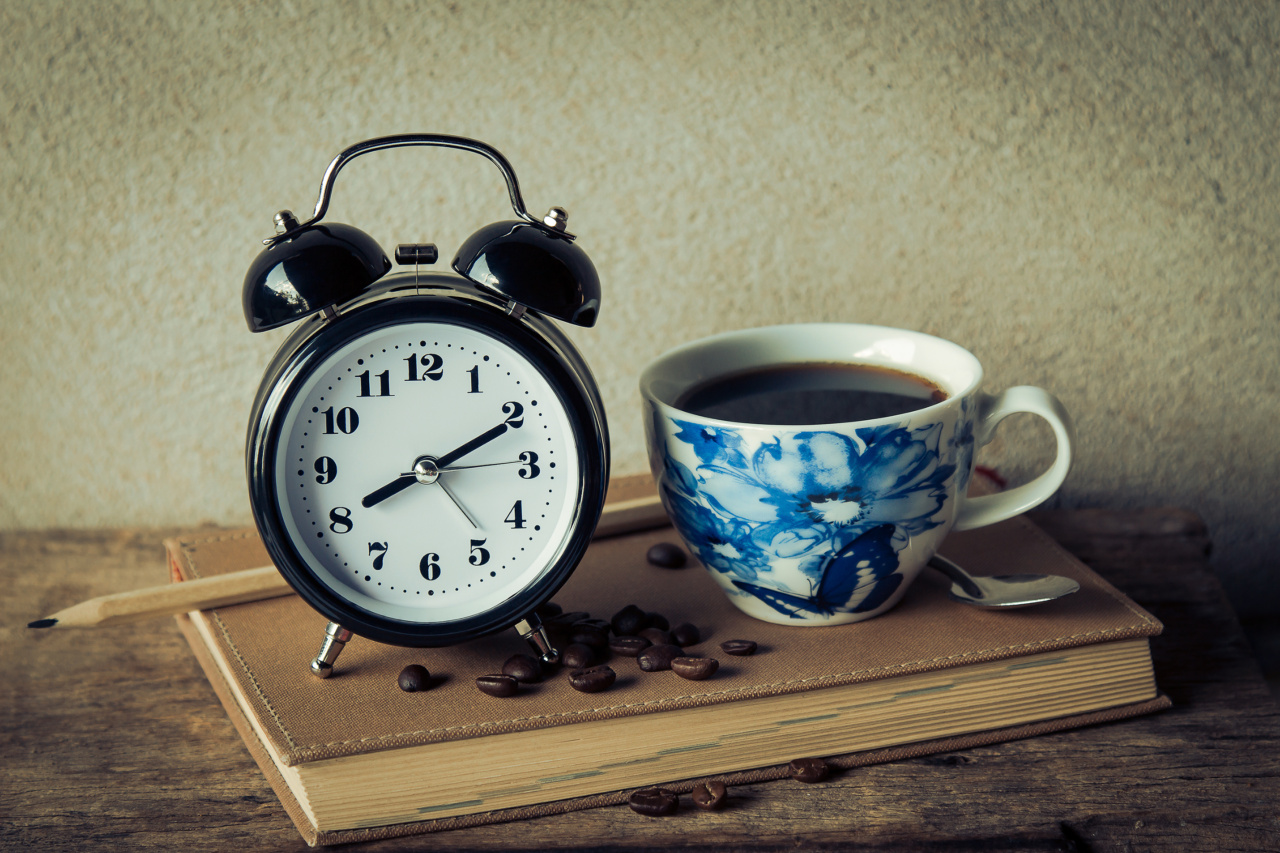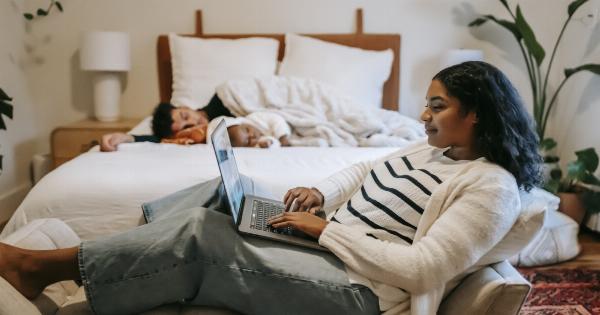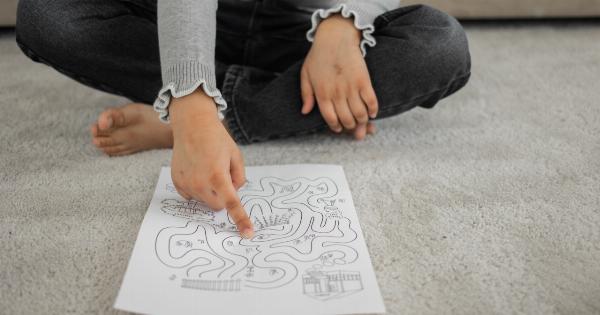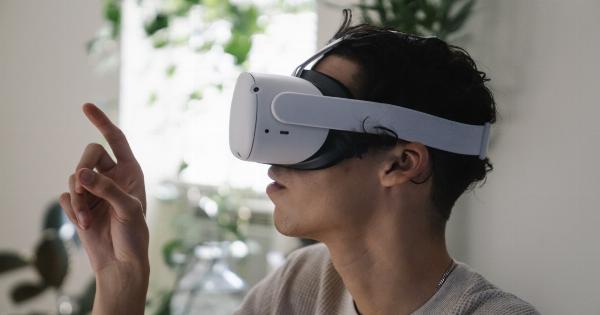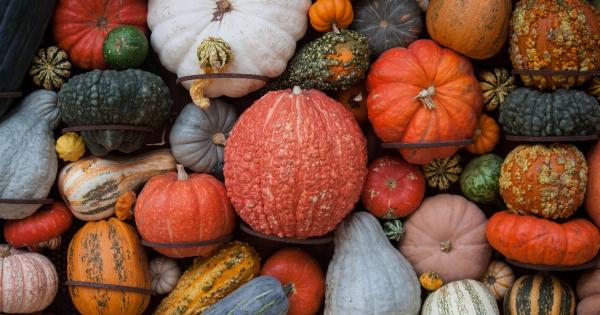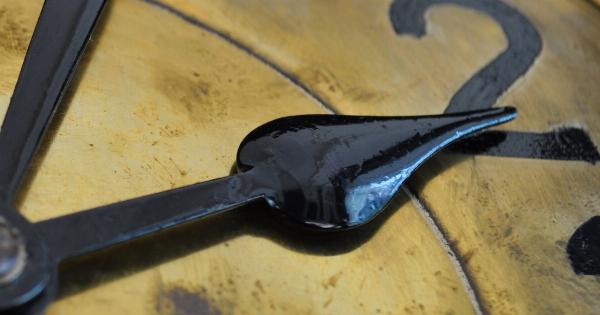Our body functions are affected by our biological clock. Our biological clock or circadian rhythm is our body’s natural internal clock that tells us when to sleep, wake up, and eat.
It is regulated by a tiny part of our brain called the suprachiasmatic nucleus (SCN). The SCN is responsible for regulating our sleep-wake cycle, body temperature, and hormone production, among other functions.
The biological clock is naturally regulated by sunlight. When it is daylight, our body produces a hormone called cortisol that helps us stay awake and alert. When it is dark, our body produces melatonin that helps us fall asleep.
However, many factors can disrupt our biological clock, such as shift work, jet lag, and caffeine consumption.
Caffeine and Its Effects
Caffeine is one of the most widely used psychoactive substances in the world. It is present in coffee, tea, chocolate, energy drinks, and many other products.
Caffeine is a natural stimulant that affects the central nervous system, making us feel more awake, alert, and focused.
When we consume caffeine, it blocks the action of adenosine, a chemical that makes us feel sleepy and relaxed.
By blocking adenosine, caffeine increases the level of other neurotransmitters, such as dopamine and norepinephrine, which makes us feel more energized and motivated. However, caffeine can also interfere with our biological clock, especially if we consume it later in the day.
The Timing of Caffeine Consumption
The timing of caffeine consumption is crucial for its effects on the biological clock. When we consume caffeine in the morning or early afternoon, it can help us feel more alert and energetic during the day and have no effect on our sleep at night.
However, when we consume caffeine later in the day, it can interfere with our sleep-wake cycle and disrupt our biological clock.
Caffeine has a half-life of about 5 to 6 hours, which means that it takes about 5 to 6 hours for our body to eliminate half of the caffeine we consume.
Therefore, if we consume caffeine at 4 pm, we will still have about half of it in our system at 10 pm, which can make it difficult for us to fall asleep and stay asleep. Moreover, caffeine can also delay the production of melatonin, the hormone that helps us fall asleep, which further disrupts our biological clock.
Caffeine and Shift Work
Shift work is a common cause of biological clock disruption, as it forces us to work and sleep at odd hours.
If we work a night shift, for example, our biological clock is disrupted, and we may find it difficult to stay awake at night and sleep during the day. Many shift workers use caffeine as a way to stay awake and maintain their alertness during their shift.
While caffeine can be helpful in the short term, it can also worsen the disruption of our biological clock and lead to sleep problems and fatigue over time.
Caffeine and Jet Lag
Jet lag is another cause of biological clock disruption, as it occurs when we travel across time zones and our internal clock is out of sync with the local time.
When we travel eastward, we lose time, and our biological clock is delayed, making us feel sleepy and fatigued in the morning and awake and alert at night. When we travel westward, we gain time, and our biological clock is advanced, making us feel sleepy and fatigued at night and awake and alert in the morning.
Caffeine can be used as a short-term remedy for jet lag, as it can help us stay awake and alert during the day and adjust to the local time.
However, if we consume too much caffeine or use it too close to bedtime, it can worsen our jet lag symptoms and make it difficult for us to fall asleep and stay asleep.
Caffeine Tolerance and Withdrawal
Caffeine tolerance refers to the body’s ability to adapt to the effects of caffeine over time.
When we consume caffeine regularly, our body becomes less sensitive to its effects, and we may need to consume more caffeine to get the same level of alertness and energy. However, caffeine can also cause withdrawal symptoms when we stop consuming it, such as headaches, fatigue, irritability, and difficulty concentrating.
Moreover, caffeine withdrawal can also disrupt our biological clock and make it difficult for us to sleep. When we stop consuming caffeine, our body can take up to a week to readjust to its natural sleep-wake cycle.
During this time, we may experience difficulties falling asleep and staying asleep, especially if we consume caffeine regularly and in large amounts.
Caffeine and Sleep Quality
Caffeine can also affect the quality of our sleep, even if we consume it earlier in the day. When we consume caffeine, it can reduce the amount of deep sleep we get, which is the most restorative stage of sleep.
Deep sleep is essential for our physical and mental health, as it helps us repair and regenerate our body and brain.
Moreover, caffeine can also increase the number of awakenings we have during the night and reduce the total amount of time we spend in bed.
This can lead to sleep deprivation and fatigue, which can further disrupt our biological clock and affect our overall health and well-being.
Caffeine Alternatives
If you are looking to reduce your caffeine consumption or avoid its side effects, there are several alternatives you can try. Here are some examples:.
Herbal teas
Herbal teas, such as chamomile, peppermint, or valerian, can help you relax and sleep better without the stimulating effects of caffeine.
Decaf coffee or tea
Decaffeinated coffee or tea can provide the same taste and aroma as regular coffee or tea without the caffeine. Just make sure to choose a high-quality decaf variety that uses a natural decaffeination process.
Water
Water is essential for our health and hydration. Drinking plenty of water throughout the day can help you stay hydrated and energized without the stimulating effects of caffeine.
Exercise
Regular exercise can improve your sleep quality and boost your energy levels naturally. Aim for at least 30 minutes of moderate-intensity exercise per day, such as brisk walking, cycling, or swimming.
Conclusion
Caffeine is a natural stimulant that can have positive effects on our mood, energy, and focus.
However, when consumed in excessive amounts or at the wrong times, it can disrupt our biological clock and lead to sleep problems, fatigue, and other health issues. If you are a regular caffeine consumer, try to limit your intake and consume it earlier in the day to avoid its negative effects on your sleep-wake cycle and your overall health.
